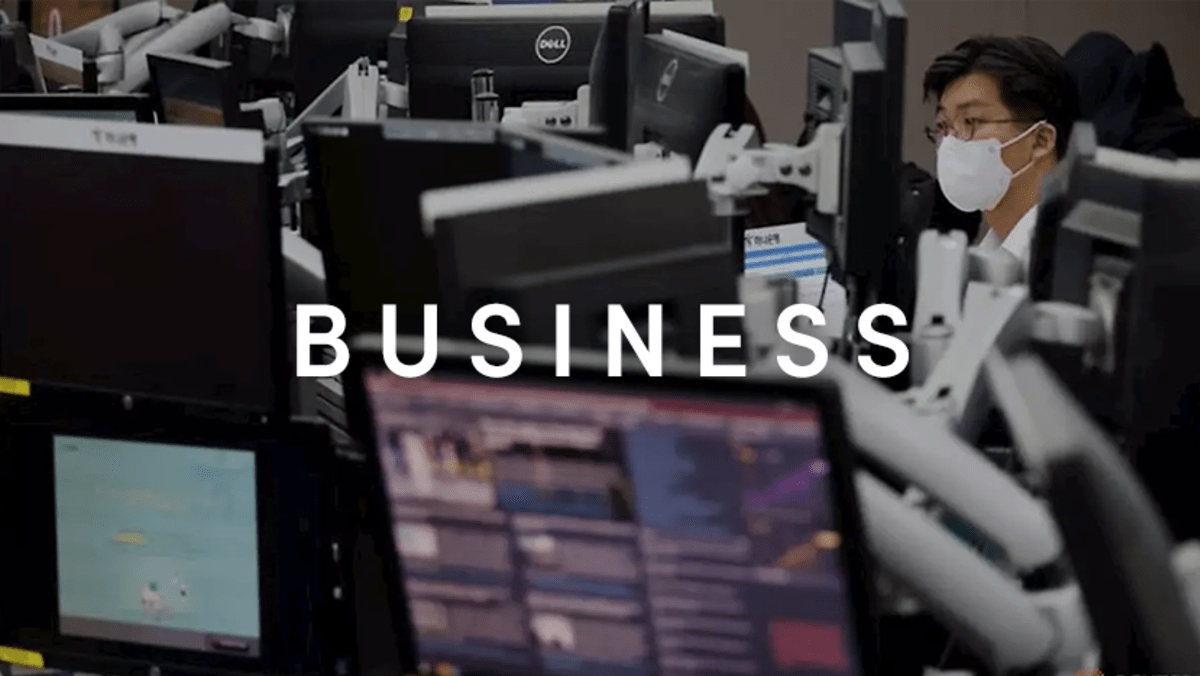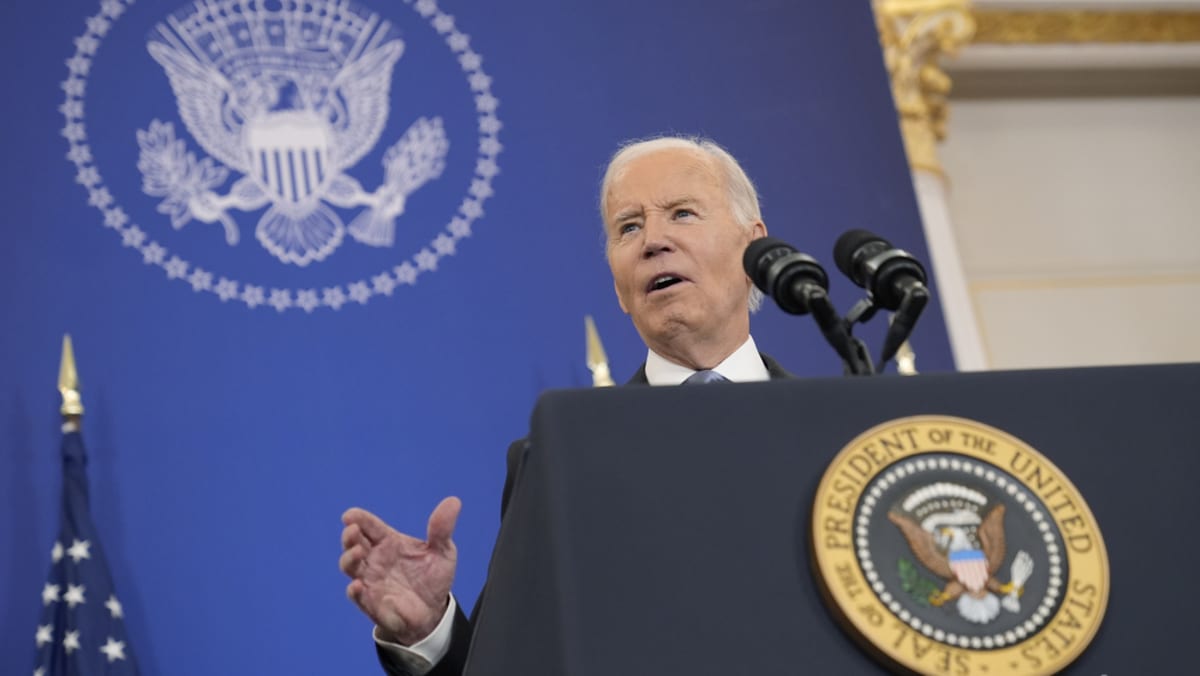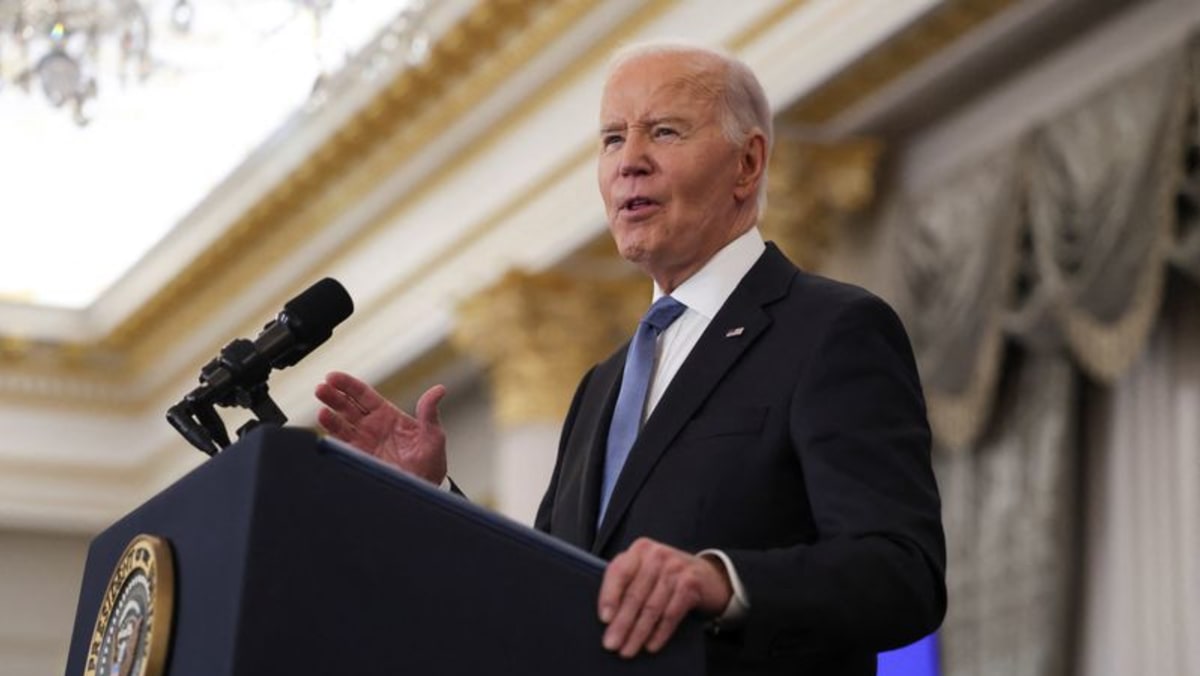NEW YORK: The US government said on Monday (Jan 13) it would further restrict artificial intelligence chip and technology exports, divvying up the world to keep advanced computing power in the United States and among its allies while finding more ways to block China’s access.
The new regulations will cap the number of AI chips that can be exported to most countries and allow unlimited access to US AI technology for America’s closest allies, while also maintaining a block on exports to China, Russia, Iran and North Korea.
Unveiled in the final days of outgoing President Joe Biden’s administration, the lengthy new rules go beyond China and are aimed at helping the United States maintain its dominant status in AI by controlling it around the world.
“The US leads AI now – both AI development and AI chip design, and it’s critical that we keep it that way,” Commerce Secretary Gina Raimondo said.
The regulations cap a four-year Biden administration effort to hobble China’s access to advanced chips that can enhance its military capabilities and seek to maintain US leadership in AI by closing loopholes and adding new guard rails to control the flow of chips and global development of AI.
While it is unclear how President-elect Donald Trump’s incoming administration will enforce the new rules, the two administrations share similar views on the competitive threat from China. The regulation is set to take effect 120 days from publication, giving the Trump administration time to weigh in.
New limits will be placed on advanced graphics processing units (GPUs), which are used to power data centres needed to train AI models. Most are made by Santa Clara, California-based Nvidia while Advanced Micro Devices also sells AI chips. Nvidia shares were down about 5 per cent while AMD shares were down about 1 per cent in morning trading.
Major cloud service providers such as Microsoft, Google and Amazon will be able to seek global authorizations to build data centers.
Once approved, the cloud providers would no longer need export licenses for AI chips, allowing them to build data centres in countries that cannot import enough chips because of the US-imposed quotas.
Shares of all three companies were down about 1 per cent.
To obtain a stamp of approval, authorized companies must abide by stringent conditions and restrictions, including security requirements, reporting demands and a plan or track record of respecting human rights.
Until now, the Biden administration had imposed sweeping restrictions on China’s access to advanced chips and the equipment to produce them, updating the controls annually to tighten restrictions and capture countries at risk of diverting the technology to China.













